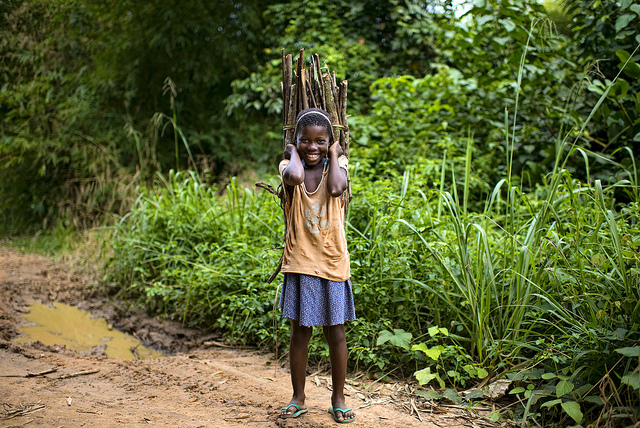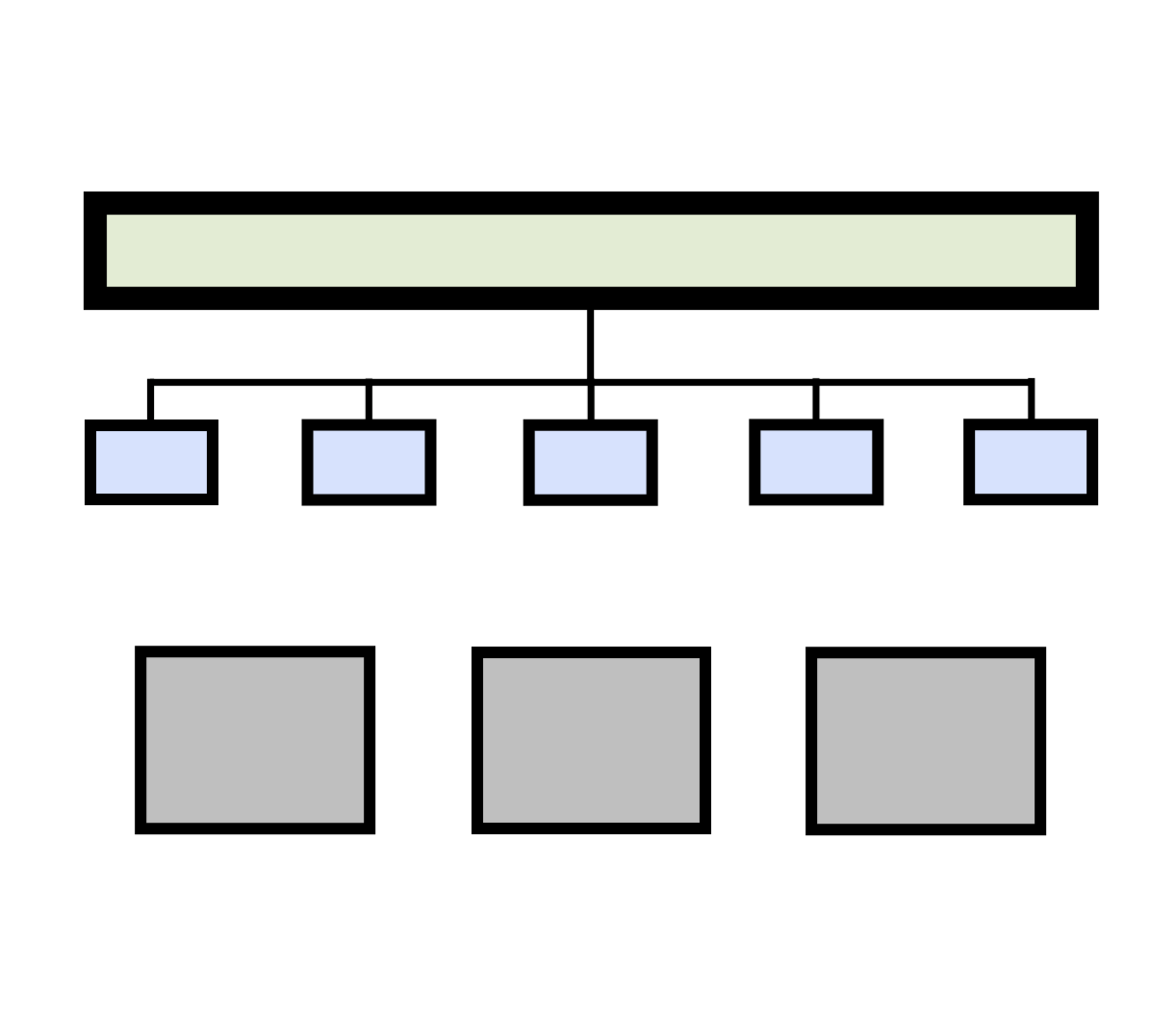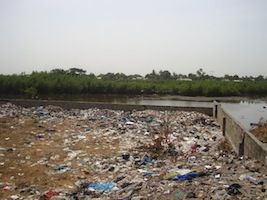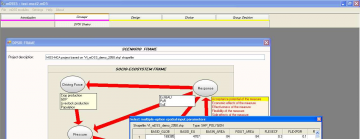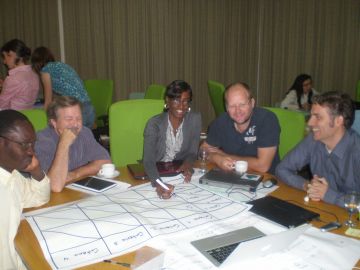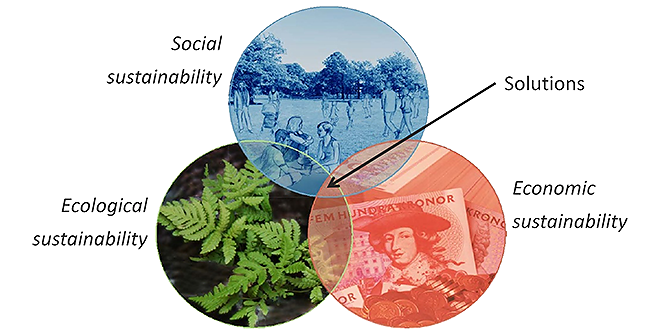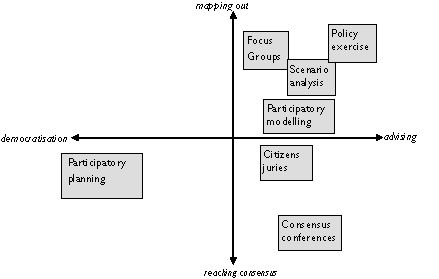Decision theory
Identifying Salient Drivers of Livelihood Decision-Making in the Forest Communities of Cameroon: Adding Value to Social Simulation Models
Using research from southeast Cameroon, this paper describes a participatory and collaborative process for formalising qualitative data and explains how these results can provide input to a social simulation model. Insights to provide in better understanding decision-making in the region are also explained.
Understanding the decision-making context and elicitation of requirements for decision-support tools
This presentation summarizes the survey and interview responses on decision-making and decision-support tools (DSTs) for health and environmental change in the context of the Healthy Futures project
Mediation training module: Analytic Hierarchy Process (AHP)
This description of the Analytic Hierarchy Process (AHP) and its potential application has been developed as part of a set of modules in the EC Mediation project
Climate Adaptation Options eXplorer (ADx): Example Application in Greater Banjul Area
Worked example of tool pilot study in Greater Banjul area in The Gambia. Greater Banjul faces several climate-related hazards including sea-level rise and high temperature stress which may exacerbate environmental problems
mDSS
mDSS is a decision support system for natural resources management based on the DSPIR framework
Analytic Hierarchy Process: an introduction with examples and resources
Analytic Hierarchy Process: an introduction. including a list of example applications and links to useful resources
Multi-criteria analysis (MCA)
MCA is a well-known method (or more accurately, family of methods) for evaluation of alternatives according to multiple decision criteria.
Adaptation Decision-making Tools Guide
An introduction to the adaptation decision-making tools
Adaptation Decision Making METHODS
This article aims to provide guidance on the best methods for decision screening, exploring many different decision making methods.
How to involve stakeholders
Stakeholder participation can be used to democratise science and empower citizens, to inform policy making and to advise decision-making processes.
